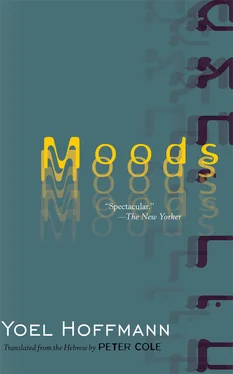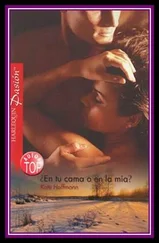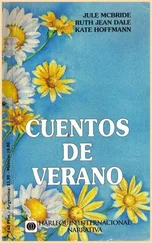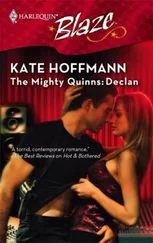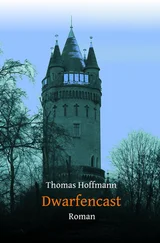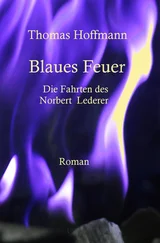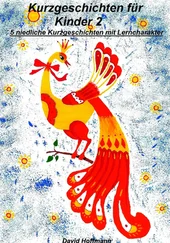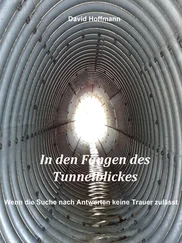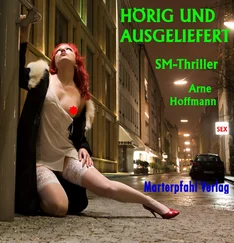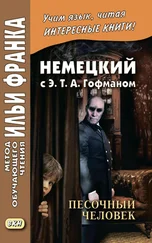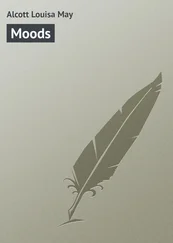If we could surround everything with words (as others do), we would. But we see just a very little. The extent of things blends into the surrounding space.
Once we went to a psychoanalyst and understood that she hated her husband.
[30]
In autumn the walls of the house grow cold. You listen to Billie Holiday and it seems you’re hearing a Bach Passion.
You think about the soul of a hen. How she stares and sees things, like a wheelbarrow or a pitchfork. And about the soul of a horse.
Suddenly you ask yourself what turpentine is. You’re thinking: I’m a man. What of it?
For all we’ve said in a contorted fashion, we ask forgiveness. When we talked about the pancreas and the circuits of heaven and didn’t know what children know who hide their faces in their hands and shout: “Ready or not, here I come.”
[31]
What slayed us was high heels. The vertical line of the leg and also at times (when the shoes were mules) the heel.
We saw legs like those at the end of Allenby Street next to the Opera House. On one side of the street was an iron railing and on the other were gambling joints of various sorts. Other writers would certainly describe the whores quite well, and also the gulls.
Whoever went there went there. Some would lean against the railing and look toward the sea, and sometimes they saw (as one sees a shooting star) a gull die and fall into the water.
[32]
We hear a name like Mittelpunkt , which means a point in the middle.
Since space is infinite there is no point in the middle of the world, and therefore these people (called Mittelpunkt) are themselves that point in the middle. If we extend lines in every direction from where they are, these lines would be equal in length.
My Aunt Edith was afraid that the ground would smother her. But several saints (so we heard) lay down in coffins while they were still alive. They pointed their bodies in the right direction but their spirits floated and they thought (in the dark of the coffin) things like, Where’s that brown shawl?
[33]
We’d like to use the phrase hard times. To say, for instance, because of the hard times I slept fitfully and my mind wandered. A wandering mind is a marvelous sight.
During the summer you can see people sitting at cafés. Their upper bodies are properly cast (like busts of composers we put on pianos). But beneath the tables you see their toes, and some are afflicted with mycosis.
From Aunt Edith we ask forgiveness for our not having read the letters she left behind.
[34]
Old telephones are preserved in memories. The voice that emerged from the receiver frightened us. We couldn’t understand where the face had gone.
Now in phones you can see faces that are far away. But the sadness is greater by a factor of seven precisely because you see them.
If we could bring Aunt Edith back, we would. Even to the time when she had to sit in a wheelchair. She’d be amazed by the sight of the Azrieli skyscraper in Tel Aviv.
[35]
We can talk about a certain man’s life and the people who were bound to him because people were bound to us as well.
There was a radio repairman who was bound to us during the days when radios were made of lamps. And Uncle Zoltan, who heard the symphony’s concerts (on the radio), and Mr. Yaar, who sold shoes, and so on and so on.
That is to say, we thought they were bound to us, and they thought we were bound to them. The whole thing’s very complicated, as a post office clerk, Rahamim Kadosh (whom we’ve written of elsewhere), once said: It’s been ages since I’ve seen you, and you haven’t seen me either.
[36]
Uncle Zoltan also conducted the concert he heard on the radio because he knew how to read what people call scores. Generally speaking. He was extremely learned, and knew the grammatical structures of some thirty languages.
And even though he was a doctor at the Labor Union Clinic on Zamenhoff Street, and saw a great many people there, when people came to his home (largely to visit Aunt Edith) he’d lock himself in the bathroom and not come out until they were gone.
He was bound to Aunt Edith and she was bound to him, out of loneliness. Each would walk from here to there all alone and come back to an empty home. But because each was bound to the other they were able to ring the doorbell.
And someone opens the door for us too, and for this we thank God (and He, when you give it some thought, is always alone).
[37]
My other uncle, my father Andreas’s brother — his name was Laudislaus — was also a doctor. He knew how to wiggle his ears, like an elephant, though his diagnoses were often wrong.
We too inherited this gift from our forebears, and there’s a good chance that we are the only author who can wiggle his ears like that. We can also bend our thumb all the way back to our wrist.
We’ve already written in another book about the donkey that Uncle Laudislaus received from the clinic (because there weren’t any roads in Ramat Gan at the time). Since then we’ve seen donkeys and she-asses in all sorts of places, and we can say that there are no lovelier eyelashes than those of a donkey (or a she-ass).
[38]
Yesterday the tax authorities put a block on our salary. Not because of any debt, but because of a dispute over when our return needed to be filed.
We called wherever we called and sent faxes to various places, but without a doubt, because of it all, something slipped our minds. If we had a union or league (as of nations), thirty or forty readers would have waved cardboard signs before a government building.
We’ve heard there are writers who can’t, as we say, “finish the month” and pay their bills. We too have trouble when it comes to finishing the month. We also have trouble starting it, as feelings are always troubling our heart. The feeling of things past. Of sights. And things we’ve lost. Of night.
We send up a prayer that we won’t be so needy.
[39]
The air over Nahariya is full of crows. These small black people know a thing or two that people below do not. We hear them as one hears a large synagogue.
Sometimes a crow comes down between the tables at a café and sees the urologist from the Clinic, or a woman named Aviva.
But at dusk, all fly up from the tops of the eucalyptus trees, like a man who can’t remember if he’s taken off his socks, drunk at the sight of the weakening sun.
[40]
Because of this dispute with the authorities we’ve sought out, in Nahariya, a man who is also an accountant. His name is Tugenhauft, which means (we think) “given to sorrow.” We can already see the sorrow in the stairwell.
Ernst Tugenhauft has us sit in a chair and we open books before him. In the meantime, the sun has already set and the crows (so we hear) have returned to the trees. And we (which is to say Ernst Tugenhauft and I) are crows on a lower plane. Within the large room our bodies are gradually darkening and our mouths grow long.
[41]
In the end, the authorities responded to Ernst Tugenhauft and the deadline for the return was extended, but now our blood pressure isn’t right and we need to lower the upper number.
But the blood is pressing as it always has against the tubes beneath the flesh. It’s figuring out how to break through to the blood that’s beyond us, and sometimes it breaks though the tubes and strikes against the skull.
People don’t know that once there was a man named Buxtehude. His name comes to mind because of the mystery words embody. One could say “the blood of Ernst Tugenhauft,” but it isn’t possible to say (which is to say, one can say but not think) the words “the blood of Buxtehude.”
[42]
It’s been ages since we’ve spoken of beautiful things.
Читать дальше
